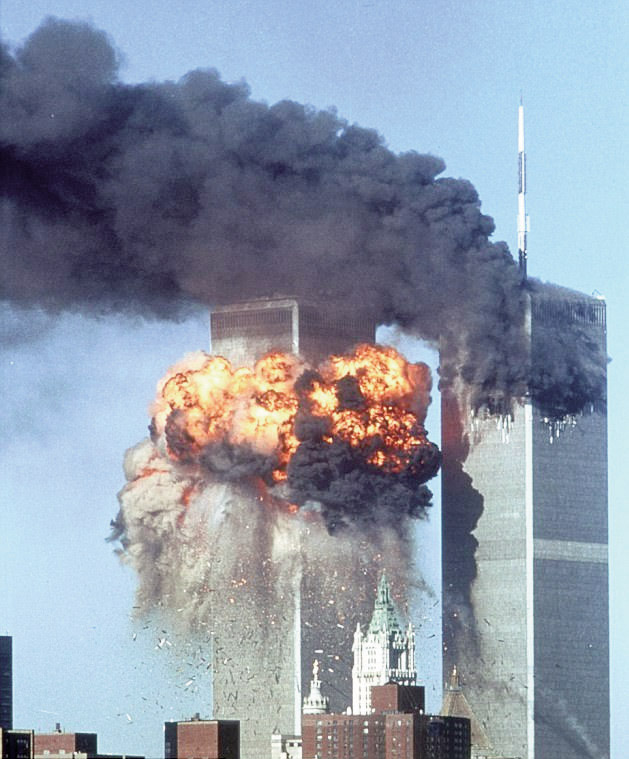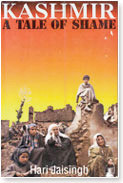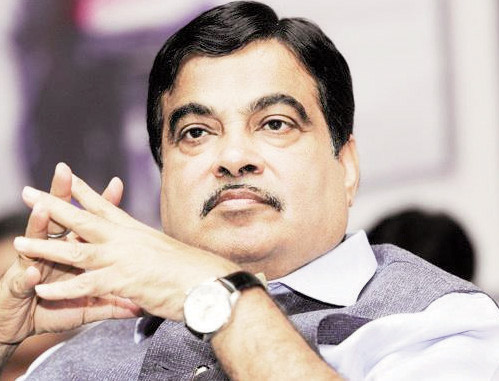
 |
MATTERS OF PUBLIC POLICY
Spare not the tormentors of Kashmiris !National perspective must prevail
I wish Prime Minister Narendra Modi could have been more categorical and forthright in asking Sangh Parivar activists and others to stop attacking Kashmiri students in Dehradun and other parts of the country. At least five of the institutes, where Kashmiri children are studying, were targeted after the Pulwama attack. They are covered under the Prime Minister’s Special Scholarship Scheme (MPSSS) – a meritbased programme that offers admission to J & K students in colleges, institutes and universities across the country and pays for their tuition and board. The Prime Minister’s Special Scholarship Scheme was a laudable initiative to bring young Kashmiris closer to the mainstream people of India. The moot question is: why should Prime Minister Narendra Modi be soft on the activists who have been reversing the very process of his “healing touch” policy aimed at weaning young Kashmiris away from the clutches of the Pak-sponsored Jaish-e-Mohammad operating in the Valley? Is this “softness” a matter of an information gap? It needs to be kept in mind that a double-faced policy and the absence of guts to speak out firmly on national issues is not in the PM’s own interests, keeping in view the 2019 polls. The moot question is: why should Prime Minister Narendra Modi be soft on the activists who have been reversing the very process of his “healing touch” policy aimed at weaning young Kashmiris away from the clutches of the Paksponsored Jaish-eMohammad operating in the Valley? Is this “softness” a matter of an information gap? In any case, Hindutva cannot be delinked from the rational and national thinking process. Otherwise, it could become a divisive act that might go against Modi’s very concept of all-inclusive Indian unity and development. At this critical juncture of our national life, we must not forget that if there is one country which has suffered most from Islamabadsponsored cross-border terrorism, it is India for the past three decades. New Delhi has been fighting a brutal war against sponsored terrorism all alone, with its Army’s hands tied at the back. It is a pity that the successive governments in New Delhi have not mustered enough political will and resources to strike at the sources of these troubles. How come? The answer is simple: we Indians are generally not united politically and otherwise to take on the terrorist monster. We tend to speak in different voices, irrespective of the fact whether the Congress was in power or the BJP is ruling the roost now. One question which often agitates a section of educated and average Indians is: why can’t India function in a more cohesive manner as one nation? Why should the polity be divided all the while on caste, communal and narrow political lines? Why do we allow petty political calculations to prevail over our larger national objectives? One question which often agitates a section of educated and average Indians is: why can’t India function in a more cohesive manner as one nation? Why should the polity be divided all the while on caste, communal and narrow political lines? Why do we allow petty political calculations to prevail over our larger national objectives?
As it is, most Islamic countries have looked the other way as Pak-sponsored jehadis have been playing havoc with the lives of innocent citizens in Kashmir. The Indian leadership, of course, makes a lot of noise about the menace but it has not picked up the courage to hit back at the terrorist outfits, their hideouts and training camps across the border and PoK. This is not a matter of one or two surgical strikes but a well-organised offensive with a view to breaking the backbone of terrorism for all times. For this objective, we need to think of new lines and work out new policies for governing the country. The Indian Air Force jets on February 26 dropped 1,000 kg bombs on Jaish-e-Mohammed (JeM) camps in PoK. We may think of making such strikes more focused. The withdrawal of the security cover provided to separatist leaders is just a symbolic act. What is required is an integrated thinking, proactive policy and coordinated action taking into account new ground realities and desired targets. A major area of concern today is the spreading tentacles of Islamic extremism and militant outfits under the sponsorship of the ISI and the army-guided Imran Khan’s government in the Valley. What is required is an integrated thinking, proactive policy and coordinated action taking into account new ground realities and desired targets. A major area of concern today is the spreading tentacles of Islamic extremism and militant outfits under the sponsorship of the ISI and the armyguided Imran Khan’s government in the Valley.
I also wish to tell Congress leaders: why this fuss about the invitation to External Affairs Minister Sushma Swaraj for the meeting of the Organisation of Islamic Cooperation (OIC) at Abu Dhabi. This is a major diplomatic breakthrough for India after 50 years. Rahul Gandhi and his team should learn to be gracious at least in New Delhi’s diplomatic success! Lastly, I would like to tell PM Modi that he should not have politicised the solemn occasion of inauguration of the National War Memorial in New Delhi on February 25. He could have avoided slamming the Congress and the Gandhi family on this occasion. This was not in good taste, Mr PM. |
|


 9/11 terror attack in New York
9/11 terror attack in New York

 Nitin Gadkari
Nitin Gadkari